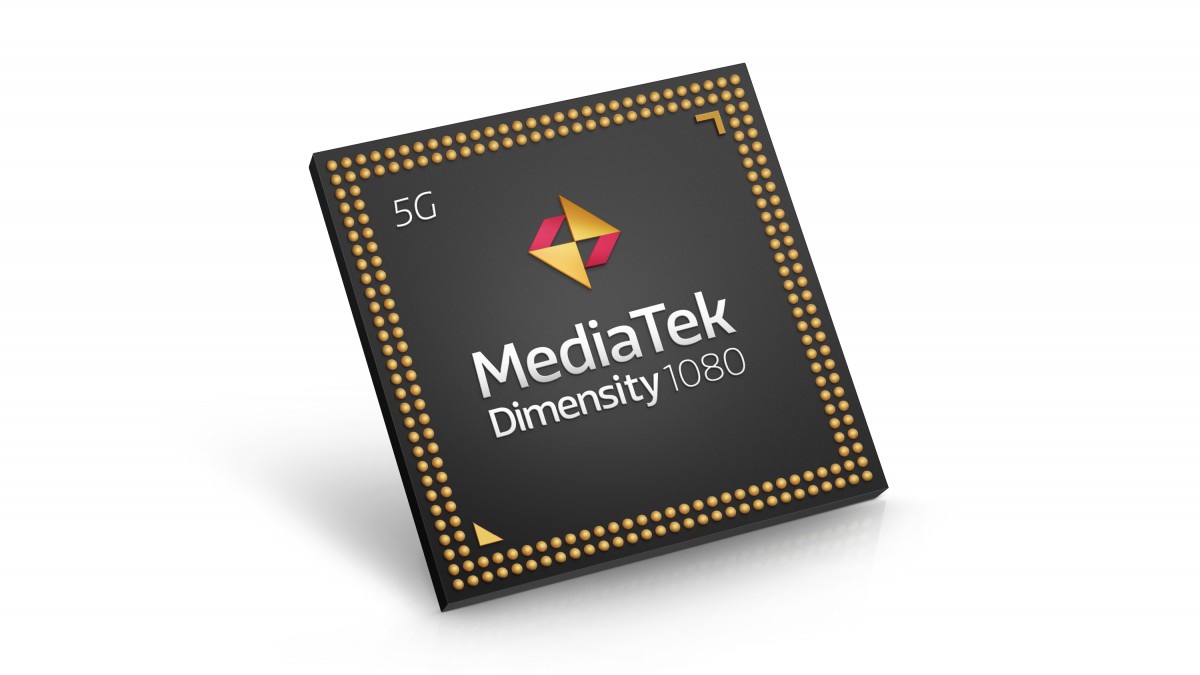Mediatek today unveiled its new mid-range Dimensity 1080 chip. Compared to its predecessor, Dimensity 920, Dimensity 1080 brings higher performance, better efficiency and stronger camera capabilities.

“Dimensity 1080 continues the performance and energy efficiency technology advantages of the MediaTek Dimensity 5G mobile platform, providing multiple advanced features to better meet users’ expectations for 5G smartphones,” Mediatek said. MediaTek’s latest Dimensity 1080 further enhances performance, imaging, display and more to help bring the terminal to the mass market quickly.”
The most important change here is the chip’s camera capability. The new Dimensity 1080 can process image data from sensors via Imagiq ISP, up to 200MP pixels (previously 108MP), and supports four cameras. The Dimensity 1080 also integrates a hardware-grade 4K HDR video recording engine to provide better low-light shooting effects.
The 5G chip features a slightly updated performance with an eight-core CPU: two ARM Cortex-A78 cores at up to 2.6GHz. Six ARM Cortex-A55 cores, up to 2GHz. The GPU is still Mali-G68, which provides a smoother experience for games, streaming media, web browsing and other applications. LPDDR5 memory and UFS 3.1 storage modules are also supported. The Dimensity 1080 is still manufactured using TSMC’s 6nm process, which has a good energy efficiency performance and can extend the battery life of smartphones. In terms of performance, the benchmark score may not show a significant jump compared to devices running pregen chips.
Dimensity 1080 is equipped with MediaTek HyperEngine 3.0 game engine, which can bring high performance and low latency game experience. With the help of MediaTek third-generation APU, the energy efficiency of the platform can be further optimized. In addition, the Dimensity 1080 supports Sub-6GHz 5G full-band high-speed network as well as Wi-Fi 6 connectivity.
Read Also: WLtoys 284131 Review – 1/28 2.4GHz RC Race Car at €49.33 From TOMTOP
Smartphones using the MediaTek Dimensity 1080 5G mobile platform are expected to be available in the fourth quarter of 2022.









